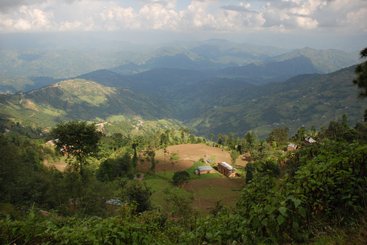The third long-term goal of the Paris Agreement - Article 2.1(c) – that seeks to align finance flows with low-emission, climate-resilient development pathways is central to achieving the first two long-term goals of limiting global warming to 1.5°C pre-industrial levels and adapting to climate change. Despite its centrality, there is limited information and little guidance on how to achieve this goal, and no agreement on scope. This presents a risk to timely and equitable progress towards the climate consistency of finance flows, and therefore also to the Paris Agreement’s long-term mitigation and adaptation goals.
By reviewing existing frameworks and lessons from six case studies that flexibly assess the Paris alignment of finance flows in Belize, Colombia, Germany, Indonesia, Rwanda and Switzerland, this synthesis paper identifies five key elements that can be used to develop a flexible and systematic framework. Such a framework would help Parties make informed decisions on practical actions for context-specific implementation of Article 2.1(c) in a manner that delivers collective and equitable progress.
Read this report from the Finance Working Group of the independent Global Stocktake (iGST) consortium for more behind these key insights.





